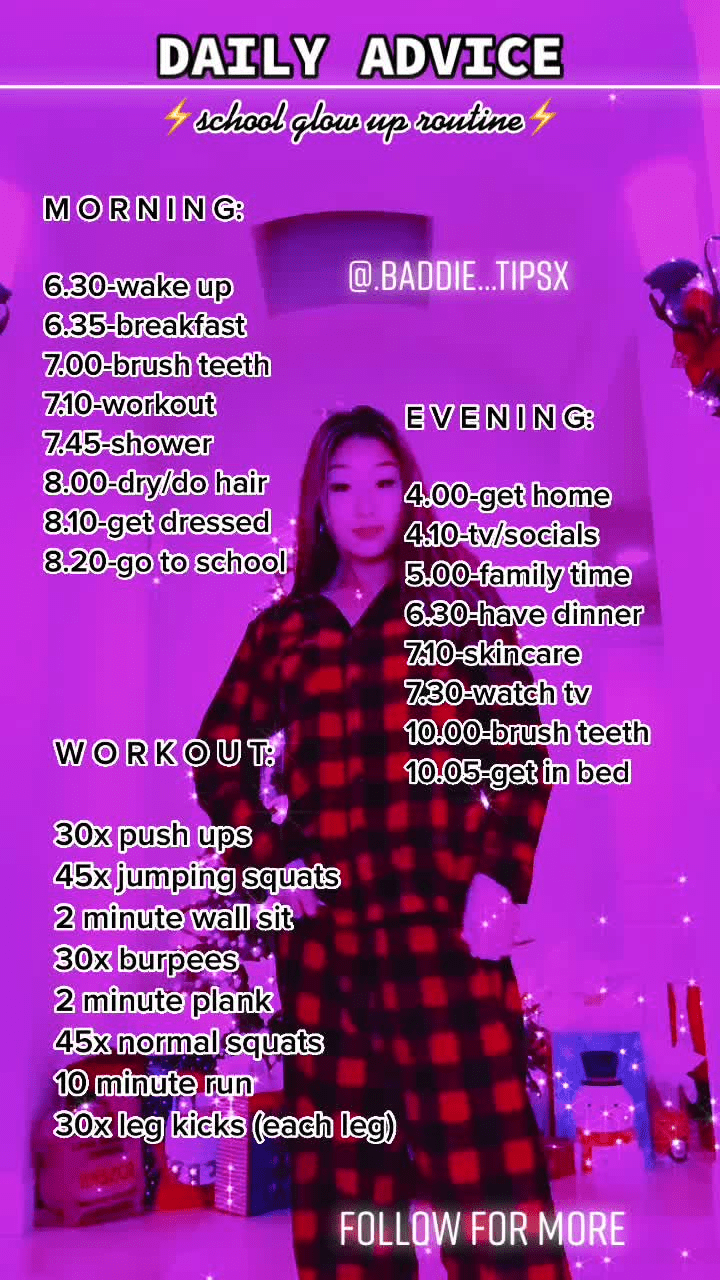Owen McCarthy ‘22, Editor-in-Chief
A couple months ago, I had one of my fairly routine social media related crises, which prompted me to delete all of my social media apps. Like always, I relapsed a few weeks later, but I retained the courage to stay off of TikTok. Months went by, and I did not miss it at all, until my sister came home from the holidays and implored that I was missing out. Hesitantly, I redownloaded the app and was reminded within minutes of logging on why the app so thoroughly disgusted me prior to deleting it initially: TikTok enables the deranged obsession that my generation has with ‘glowing up,’ or looking physically more appealing than they did previously.
The trend that really opened my eyes to this issue was the “16 missed calls” trend. For those not familiar with it, it begins with the creator displaying a picture or video of themself when they looked physically undesirable (in the creator’s view at least) which is then interrupted by the refrain in the audio which says “16 missed calls,” and ends with a photo or video of themself newly ‘glowed up,’ or more attractive than they appeared in the first photo or video. This is all well and good, I suppose, but the trouble comes in when people ‘glow up’ from a version of themselves that was simply younger, and visibly so in their appearance. It is as if there is some shame in being a pre-pubescent, braces-wearing kid, who looks as such.
TikTok influencer @calebcoffee gave his contribution to this trend, captioning the first photo in which he is clearly many years younger than his current age, “sorry your not my type lol,” and then visibly trying his absolute hardest to look attractive as he lip syncs to the audio in the present day after the “16 missed calls” refrain plays. One TikTok user in the comment section of this post said, “16 missed years*.” Another quipped, “nah bro you were just 11.”
While one cannot help but laugh at these comments, it is important that we consider how the message embedded in videos in this vein are received by young, impressionable audiences who are influenced by these influencers (big surprise, right?). If these audiences see people they look up to post their ‘glow ups’ which, in reality, are just ‘grow ups,’ they will in turn feel like there is something to be ashamed of in being young, and looking the part.
This trend is perhaps more harmful when it depicts people achieving extreme weight loss from the first photo or video, to the second. Losing weight can be difficult to achieve for a multitude of reasons: biological factors, ability to afford healthy diet options, and of course, the extreme commitment and mental resiliency that it often requires can all make it a daunting prospect. However, trends like this one skip over all this behind the scenes hardship and effort. It is, in effect, a ‘before and after,’ and it gives the illusion that the transformations these people achieved were far more painless to achieve than they actually were.
Furthermore, this trend diverts our attention from the fact that there is an extremely fine line between self-improvement through fitness and derailing one’s life to accommodate a diet and workout regimen in an attempt to cope with crippling insecurity and body dysmorphia. For many, seeking professional help in order to develop a healthy relationship with their body should be the first priority, but when every other video on these people’s Tik Tok feed is a ‘glow up’ or ‘body transformation’ their mind will naturally jump to “I need to get a gym membership.” And, although it is no secret by now, social media algorithms prey on people’s insecurities, so what we get is a perfect storm of young people hating themselves and how they look.
Being hell-bent looking better than we did before is a sure fire way to make sure we are perpetually miserable. Self-improvement is important, but it does not always have to entail looking upon our past self with contempt or disgust. It is important that we realize that when we feel better about ourselves and our character, the way we view ourselves physically is positively affected. ‘Glowing up,’ or in layman’s terms, looking different than we once did, either through direct action or the natural process of simply getting older, is our business and our business only, and it is a shame that platforms like TikTok enable the mentality that it is everyone’s business except our own.
